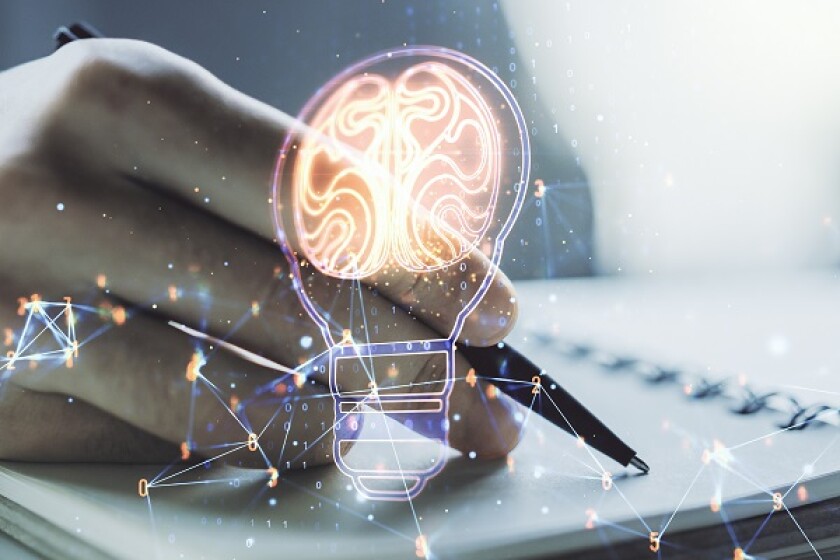In the first English court decision to consider the issue of AI inventorship, the High Court has held that an AI system cannot be considered an inventor under the Patent Act 1977.
Background
DABUS is a "creativity machine" created by Dr Stephen Thaler. Trained in the general knowledge of a particular field, its purpose is to independently conceive of new ideas and identify them as novel and salient. In short, DABUS is intended to be a machine capable of making inventions. In 2018, Dr Thaler filed two patent applications with the UKIPO seeking to obtain patent protection for outputs generated by DABUS. The applications listed Dr Thaler as the applicant. In documents subsequently filed with the UKIPO, Dr Thaler stated that DABUS was the inventor, and he was entitled to apply for the patents as DABUS' owner. In December 2019, the UKIPO rejected both applications, holding that Dr Thaler had failed to meet the requirement under Section 13 of the Patents Act 1977 to identify the person who he believed to be the inventor, and indicate how he derived his right to be granted a patent for the inventions.
Appeal to the High Court
Dr Thaler appealed the UKIPO decision to the High Court, maintaining that he had complied with Section 13 by identifying who he believed to be the inventor (DABUS) and how he derived his right to be granted a patent for the invention (by virtue of his ownership of DABUS). Smith J rejected the appeal in relation to Section 13, holding that Dr Thaler's subjective belief in the identity of the inventor was not sufficient. Instead, statements regarding inventorship and entitlement to apply under Section 13 must be capable of justification in the terms of the scheme set out by Section 7 of the Patents Act. In reaching this conclusion, Smith J emphasised that Section 7 provides an exhaustive code for determining who is entitled to the grant of a patent.
Who can be an "inventor" under Section 7 of the Patents Act?
Addressing Section 7, Smith J found a number of reasons why the term "inventor" under the Patents Act must be limited to natural persons. The foremost among these was that Section 7(3) specified that the inventor was the "actual deviser" of the invention, which had been interpreted by the House of Lords in Yeda v Rhone-Poulenc [2007] UKHL 43 as the "natural person who came up with the inventive concept." This did not extend to legal persons or to things, such as AI systems, with no legal personality.
Did Dr Thaler have the right to apply for the patents?
As DABUS could not be an inventor for the purposes of the Patent Act, Dr Thaler was not entitled to apply for the patents under Section 7. He did not claim to be the inventor himself, and DABUS was not a person capable of owning the right to apply itself or transferring it to Dr Thaler. There was nothing to be transferred to him and no person capable of transferring it.
Appeals have been filed by Dr Thaler in relation to the UK and EPO decisions.
Toby Bond












